Is Russia’s war in Ukraine a localised conflict, a regional war, or a global disaster?
The military action concentrated on one country alone would suggest the first, the various nuclear- and cyber-threats against Europe the second, but global trends are increasingly confirming the third.
It is possible to view the Russian invasion, and by extension the political and economic upheaval that has reverberated around the world, both as a deliberate proxy war of East v West (the Cold War resumed) and as a tragedy with ever-broader global consequences.
Sadly, the two are more intertwined than one would like to think, and the humanitarian cause always seems to be closely followed by the political one.
EU’s gain at Africa’s vulnerability
The plight of Africa is a case in point, particularly with regard to three factors: the indirect effects of the war a continent away, the on-going question of how Russian-African relations may proceed in a post-invasion global landscape, and the role played by the West in creating further disruption between the two.
Food is more than politics for Africa; it is survival. Ukraine’s long-standing status as the ‘breadbasket’ of Europe has always seen it as a net exporter of grain and wheat, and Germany’s influential Kiel Institute for World Economy stated at the outset of the conflict that even alternative long-term supplies could not fill the gap left by the absence of Ukraine’s supplies to Africa.
The advent of war, with up to 50% of Ukraine’s harvest estimated destroyed in 2022 and the blocking of seaports to export that which remained, imperilled this.
It was an area that Russia appeared willing to compromise on, with the Black Sea Grain Deal being completed last July between Moscow and Kyiv (with the key support of Turkey’s Erdogan and the UN Secretary-General, Gutierrez) to lift the blockade of ports to ensure that Ukrainian grain, wheat and fertiliser would continue to reach Africa.
What happened to the Black Sea Grain?
There is debate over what happened next. The Russian angle is that barely two out of eighty-five grain ships transiting through the corridor actually reached Africa, and that the EU diverted the lion’s share of the supplies to itself through offering premium prices and other incentives to Ukraine.
The UN’s Joint Co-ordination Centre has countered that just 36% has gone to Europe, although with only 17% confirmed as directly travelling to Africa. What is known is that of the 60% of Ukraine’s food exports travelling via land-based ‘solidarity lanes’, much remains in the EU by accident or design, rather than reaching the developing countries, and that African food and fertiliser imports from Ukraine have slumped by 75% from 2021 levels.
Europe is now the primary importer of food supplies from Ukraine, with Africa being either outbid or left aside once again.
On the face of it, this would appear indefensible. Europe’s supply concerns have been over oil & gas, not food, and Africa’s need in this regard would always be greater. And besides, if this is one issue on which Russia was still prepared to act like an adult, would the humanitarian concern not override anything else?
Famine and unrest ahead
In a typical year, Ukraine produces enough wheat and grain to feed four hundred million people – which, for nations such as Somalia, Kenya, and Egypt, is a literal matter of life and death.
The African Union has already prophesied that ‘the worst is ahead of us’: not only the physical scarcity of vital foods and fertilisers across Africa and the excess deaths as a result, but the broader price rises, social discontent and economic nosedives that are a consequence of food shortages. This is how a localised conflict (if indeed there is any such thing in the globalised world) has far-reaching and long-term consequences.
Russia may have been happy to open the grain corridors to Africa not only because much of its own grain and wheat goes there, but because it has spent the last decade building up significant networks of power and influence across the continent.
Sometimes this is relatively benign, such as financing infrastructure and construction projects across key economic sectors (such as mining), yet which allow the Kremlin to exert influence over the governments that benefit from these.
On other occasions, it is far more direct: arms sales to continental militaries that account for almost 50% of African arms imports, sales of surveillance equipment and technical/propaganda assistance to repressive regimes, and (as in Libya and Mali) the direct deployment of state-backed Wagner mercenaries to achieve the local despot’s objectives.
Russia has expended no small amount of money and effort on bringing Africa into line – particularly in light of China’s zero-sum competition across the same continent and Europe’s relative hands-off approach leaving it a straight fight – and would not let the war in Ukraine prevent it from capitalising on its global efforts to maintain influence and control.
Weaponisation of food?
For its part, the EU may be using food security to manipulate Africa in its own way. It is true that support for Ukraine is incredibly muted among African governments, with most remaining avowedly neutral in the international arena or offering quiet support for Putin’s actions.
Perhaps, the diversion of food supplies is intended to send a message to Africa; speak out fully against Russia or face the consequences of passivity. There are two problems here.
First, the homogenisation of ‘Africa’ into a single entity without accounting for nuance, and secondly the weaponisation of food security that goes against supposed Western principles.
Putin has claimed that the West is acting like Africa’s colonial master of old and that it has cheated the poorest countries. Is it worth being proved right on this, if the European endgame of pulling African nations out of Russia’s malignant orbit is ultimately to be achieved?
Where does Turkey stand?
The third wheel, Turkey, also stands to be defined by the fallout from the deal. It played a key role in negotiating the opening of the Black Sea corridor, although this was entirely self-serving rather than altruistic, with Erdogan hoping to be accepted by the West as an honest mediator, and by Putin as a still-useful lackey.
Moreover, according to the UN’s own data, Turkey was the initial destination for the majority of ships leaving Ukraine – and thus with the power to decide, through manipulation of manifests and the holding of the supplies, not only the onward destination of the food but ultimately whether it leaves at all.
The lessons are clear. The West has ignored Africa on a fundamental level for far too long, leaving many of its nations to be squarely corralled into either the Russian or Chinese camps of influence, and is only stirred to action when the plight of the Gulf of Guinea and the Horn of Africa alike intrudes on European concerns.
More needs to be done by governments and businesses alike to engage with African infrastructure, development and opportunity, from food security upwards (or downwards).
But the uncomfortable truth is that, at present, any such action would be seen as more political than humanitarian in its motivation, with the on-going uncertainty over the Black Sea Grain Deal only serving to exacerbate this; and in the idea that, for the West now just as much as Russia, Turkey and China, the renewed global polarisation necessitates political expediency over humanitarian morality, there is more than a grain of truth.
Stuart Poole-Robb is chief executive of KCS Group Europe





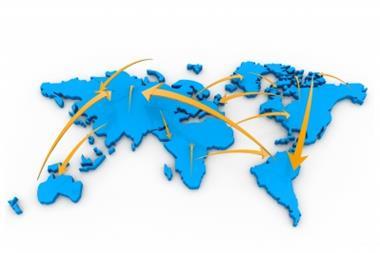
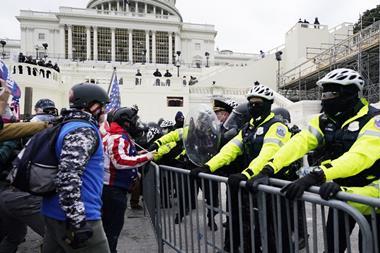
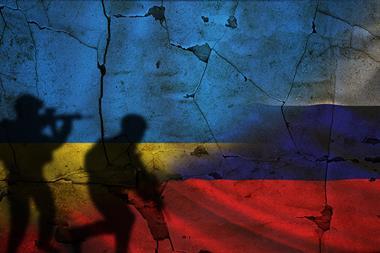
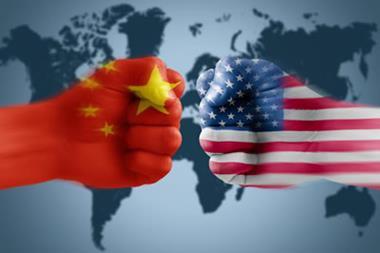

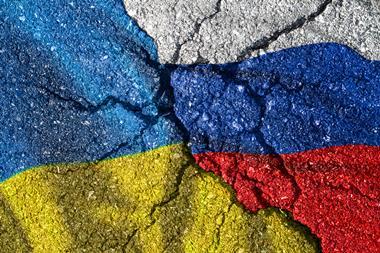
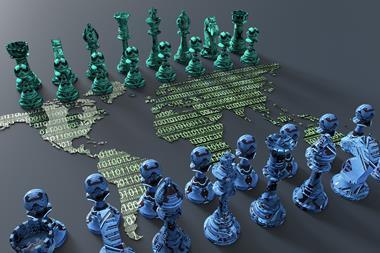



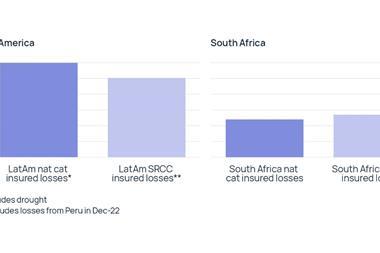
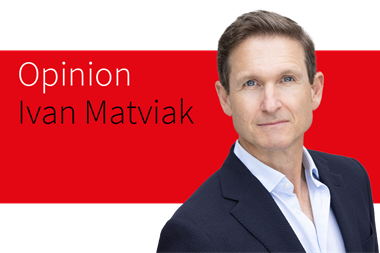



No comments yet